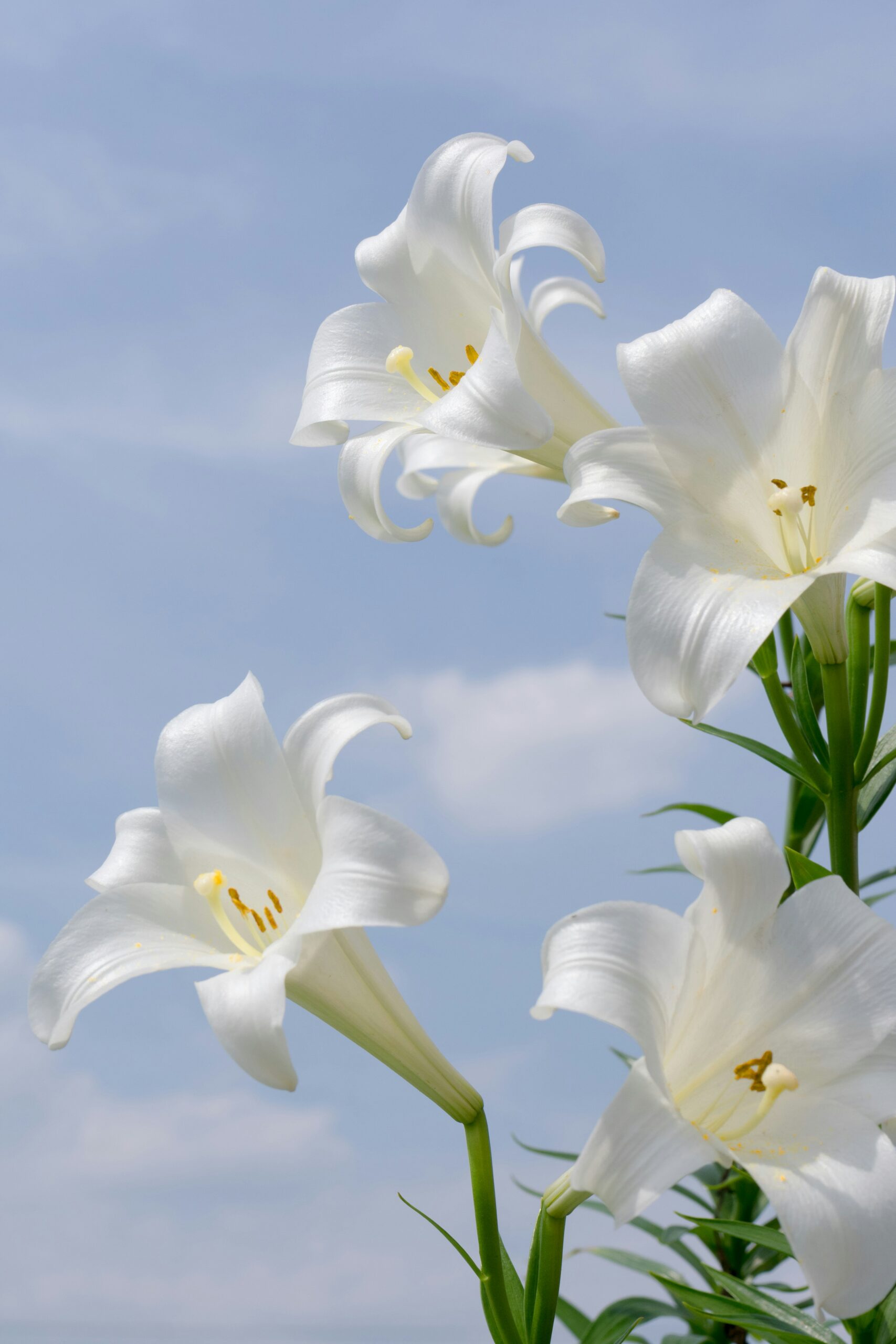
Which Scented Flowers Help Recover from Sadness
When life weighs heavy on the heart, sometimes it’s the smallest gestures that carry the greatest healing power. In Hong Kong’s fast-paced world, where stress and emotional challenges are part of daily life, the gentle therapy of scented flowers offers a natural path toward emotional recovery. Understanding which floral fragrances can lift spirits and ease sadness becomes not just knowledge—it becomes a gift you can give to yourself and others.
The Science of Scent and Emotional Healing
In the fragrant world of blooms, scent is often the soul of a flower. But when it comes to emotional recovery, the power of floral fragrance goes far deeper than simple beauty. Scientific research shows that certain flower scents directly influence our brain’s limbic system—the area responsible for emotions, memory, and mood regulation.
When we inhale the delicate fragrance of healing flowers, aromatic compounds travel directly to our emotional center, triggering the release of serotonin and endorphins. These natural “feel-good” chemicals can genuinely help lift us out of sadness and create space for hope to return.
Gentle Healers: Flowers That Whisper Comfort
As any expert florist will tell you, sometimes the best fresh flower arrangements are the ones that whisper, not shout. When someone is recovering from emotional pain, overwhelming fragrances can feel intrusive rather than healing. The key lies in choosing flowers with gentle, nurturing scents that support rather than overwhelm the healing process.
Carnation Bouquets: The Comfort of Home
Carnations carry one of the most comforting and familiar fragrances in the floral world. Their gentle, spicy-sweet scent has been associated with maternal love and emotional security for generations. White carnations, in particular, offer a clean, pure fragrance that can help clear mental fog and create space for peaceful reflection.
The subtle scent of carnation bouquets works particularly well for those dealing with grief or loss, as the fragrance is strong enough to be present without being overwhelming. Pink flowers in the carnation family add a soft, nurturing quality that can help ease feelings of loneliness and isolation.
Lavender: Nature’s Anxiety Reliever
While not always available in traditional bouquets, lavender’s inclusion in mixed arrangements can provide powerful emotional support. Its distinctive fragrance has been clinically proven to reduce anxiety, lower stress hormones, and promote feelings of calm and well-being.
For those recovering from sadness, lavender’s scent can help quiet the racing thoughts that often accompany emotional distress. The fragrance promotes deeper, more restful sleep—crucial for emotional healing.
Sweet Peas: Gentle Joy
The delicate, honey-like fragrance of sweet peas carries an almost magical ability to lift spirits without overwhelming sensitive emotions. Their scent is associated with gratitude and gentle pleasure, making them perfect for those slowly emerging from periods of sadness.
Sweet peas remind us that joy can be gentle and that healing doesn’t always have to be dramatic—sometimes it’s as simple as breathing in something beautiful.
Roses: The Complexity of Emotional Healing
Different rose varieties offer different therapeutic benefits through their unique fragrances. Pale pink roses carry a soft, comforting scent that feels like an emotional hug, while deeper pink flowers offer a more robust fragrance that can help rebuild confidence and self-love.
White roses provide a clean, fresh scent that can help clear emotional heaviness and create space for new beginnings. Their fragrance is particularly helpful for those dealing with loss, as it carries associations of peace and spiritual comfort.
Flowers to Approach with Caution
While most floral fragrances offer emotional benefits, some can be overwhelming for those in vulnerable emotional states. Heavy perfumes from lilies or gardenias may overwhelm sensitive individuals or create headaches when someone is already feeling emotionally fragile.
Always consider the recipient’s sensitivity and emotional state before you order flowers. What feels comforting to one person might feel overwhelming to another, especially during times of emotional recovery.

